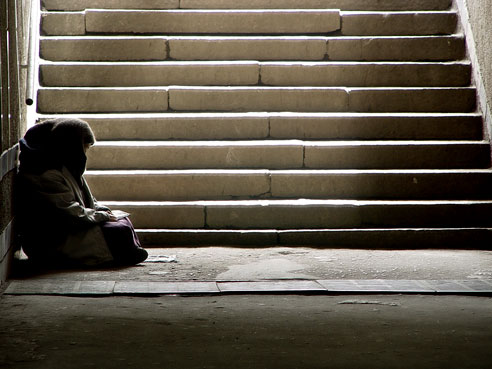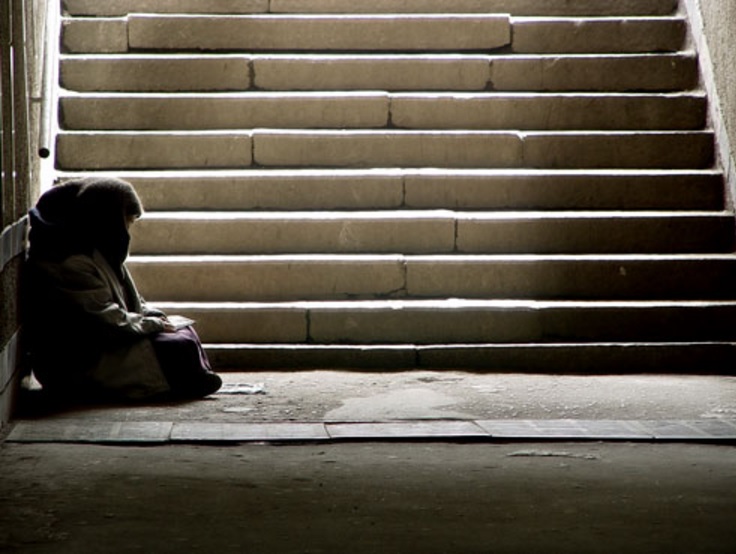By Adam Pope
UAB News

A new study in the New England Journal of Medicine led by UAB physician Stefan Kertesz, M.D., addresses the idea of first offering housing to chronically homeless persons, even if it is not a cost-saver.
The latest U.S. data show 549,928 Americans are homeless per night, which represents progress since 2007, when the number was 647,258. Part of that progress emerged from programs that offer permanent housing to persons who are chronically homeless, without requiring sobriety or completion of treatment programs. The approach is called Housing First.
The new perspective, published Dec. 1, urges that Housing First supporters avoid claims communities will spend less money overall by offering housing, and instead focus on the program’s success in ending chronic homelessness.
“The idea that housing saves money caught wind in a New Yorker story about Million Dollar Murray, a homeless man whose trips to the hospital cost several hundred thousand dollars,” Kertesz said. “Many people assumed that housing homeless people would be a net money-saver; but for the most part, the data have not supported that view.”
Research from a randomized trial in Canada shows that Housing First helps people escape homelessness, but it does not usually lead to overall savings. Money saved from less hospital care is outweighed by costs for housing and services. Many housing programs cost between $8,000 and $18,000 per year.
“Housing First has proved highly successful in ending chronic homelessness,” said co-author Margot Kushel, M.D., of the University of California at San Francisco. “We believe that asking it to save money overall creates an unrealistic expectation that isn’t demanded of other health interventions. This has had the effect of moving the goal post of success.”
The perspective concludes by laying out a balanced argument for Housing First. Scientific studies have shown Housing First is effective, and that it improves health outcomes in some studies. The approach costs less than many widely accepted medical and social interventions.
Finally, the authors note, Housing First aligns with many ethical traditions.
“This perspective mentions Abraham Lincoln, the United Nations Declaration of Human Rights and the fact all faith traditions honor care of the poor,” explained co-author Travis Baggett, M.D., of the Massachusetts General Hospital and Harvard University School of Medicine. “That ethical impulse should be core to how we frame a policy like this one.”




